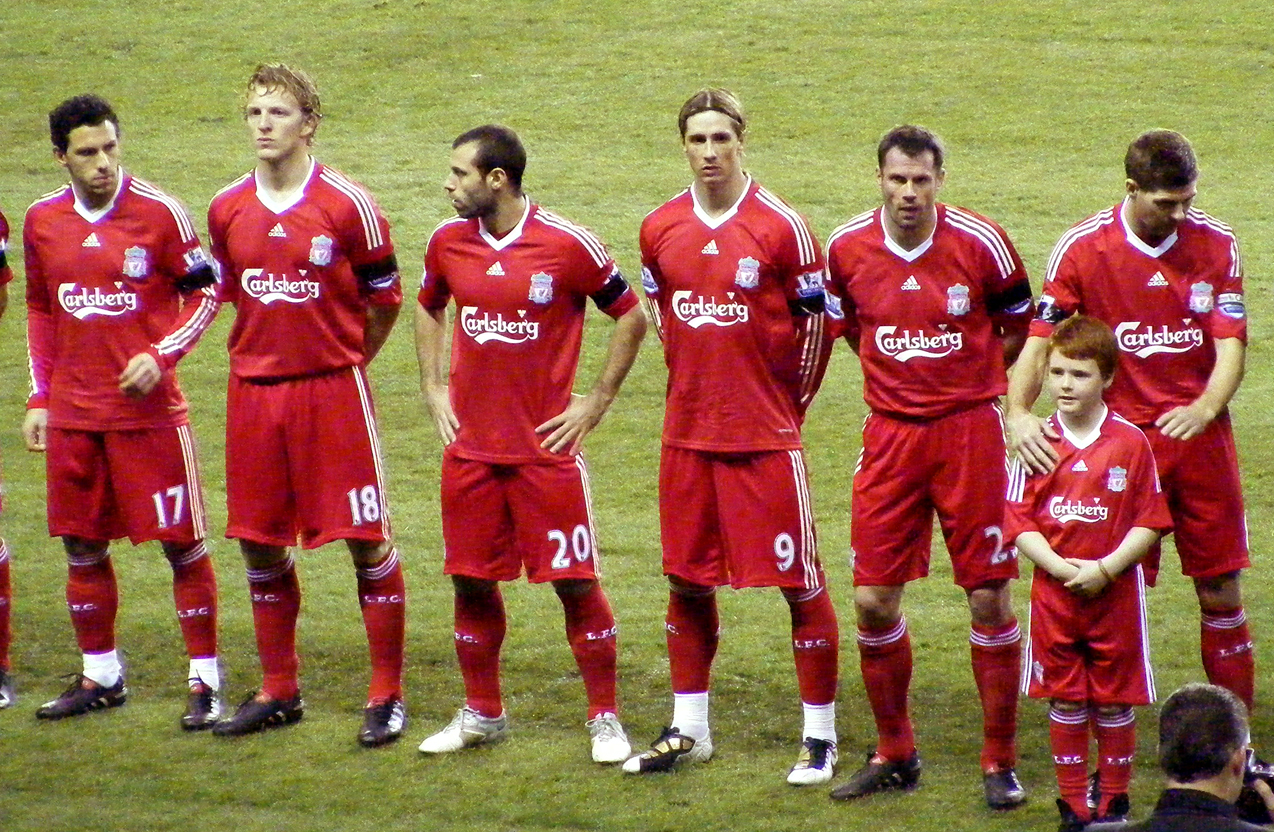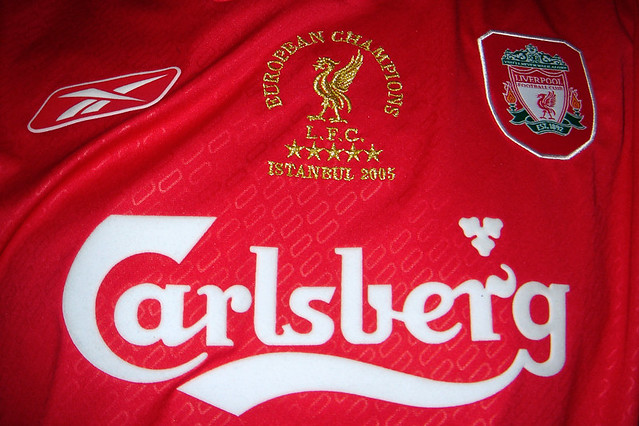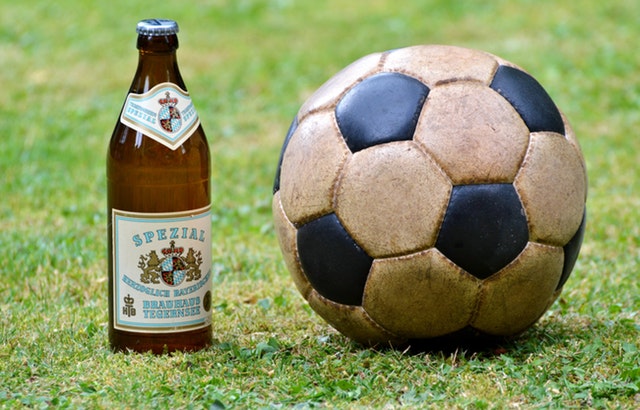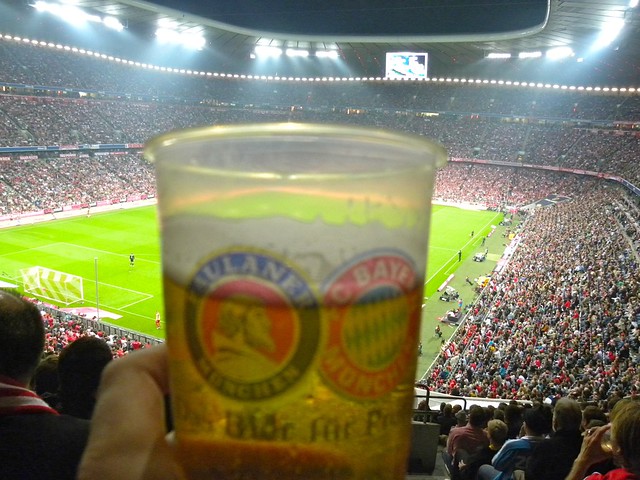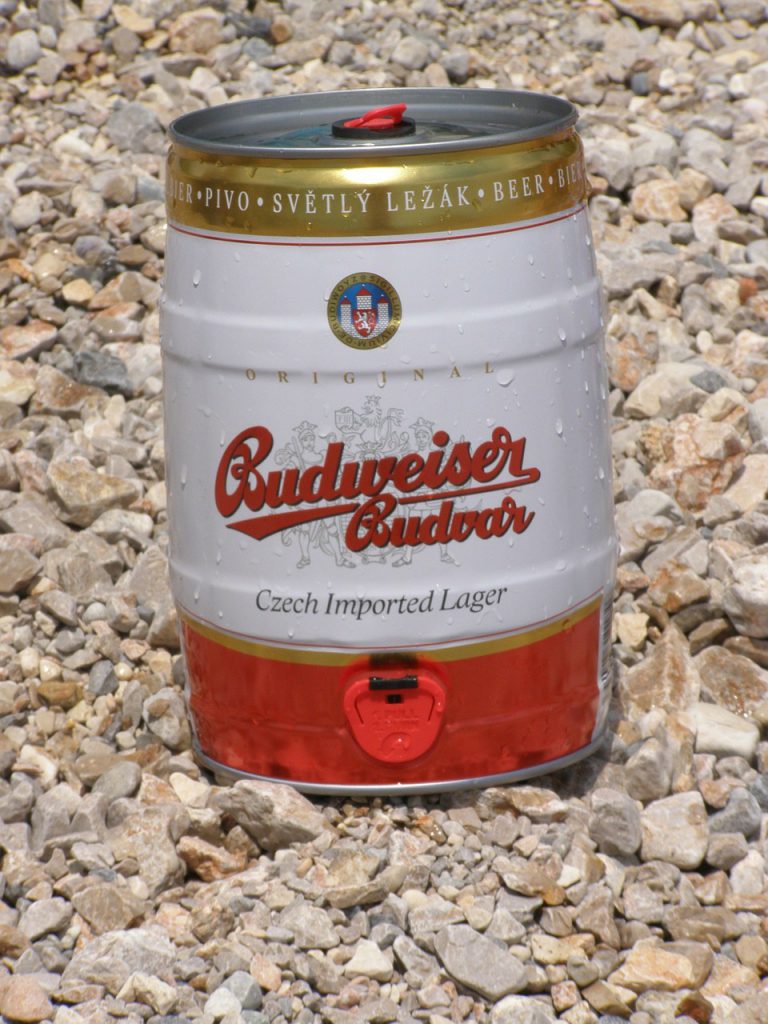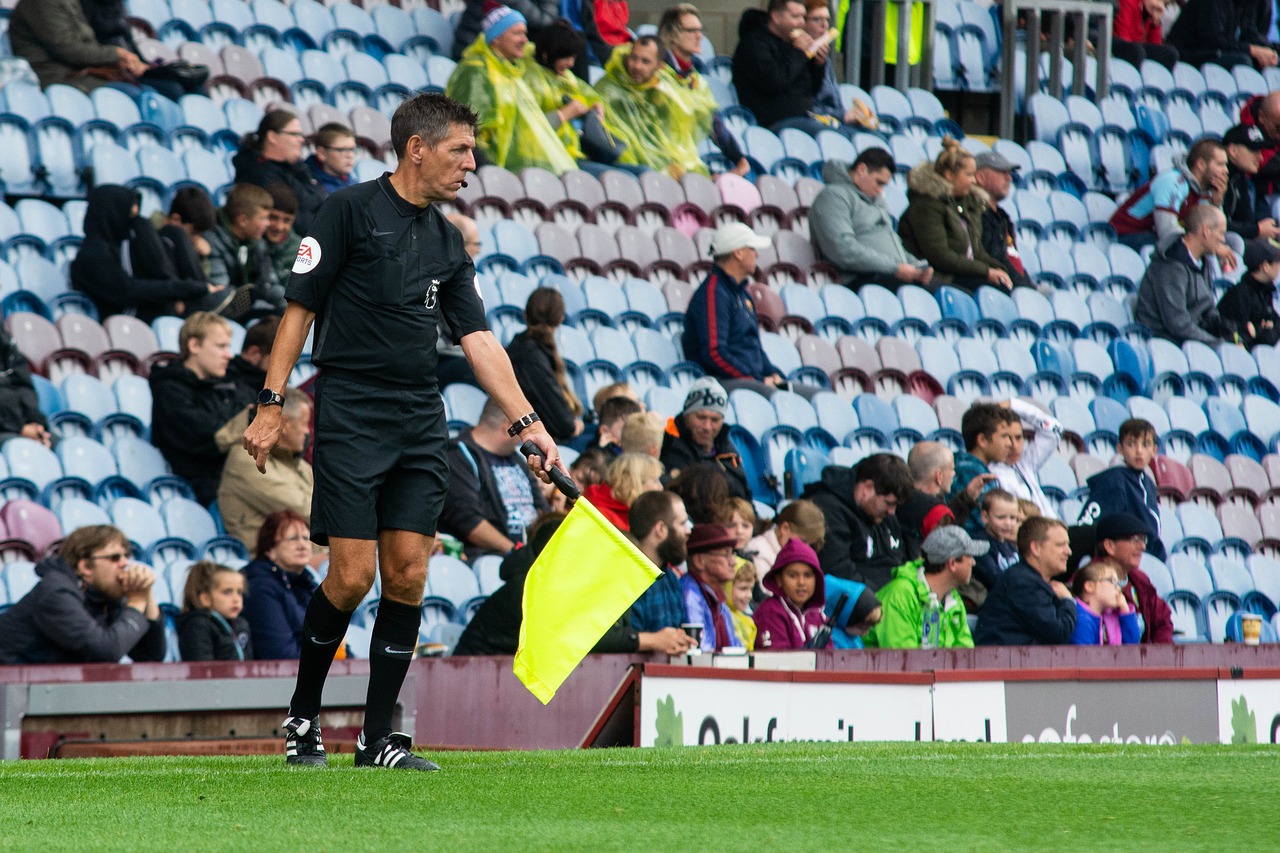The Most Popular Sports in the UK to Watch
The United Kingdom is a nation deeply rooted in sporting culture. From historic football rivalries, that we use welcome offers for when betting, to the elegance of Wimbledon that we download the official app for, the UK boasts a diverse array of sports that captivate millions of fans every year. Here’s a look at the most popular sports in the UK that bring spectators together, both in stadiums and in front of screens.
1. Football: The Nation’s Obsession
Football is by far the most watched and beloved sport in the UK. With its rich history, intense rivalries, and globally recognised leagues like the Premier League, football dominates the nation’s sporting landscape.
The Premier League, home to iconic clubs such as Manchester United, Liverpool, Arsenal, and Chelsea, attracts millions of viewers each week. Matches are not only a local affair but a global spectacle, with fans tuning in from every corner of the world.
Events like the FA Cup and international tournaments, such as the FIFA World Cup and UEFA European Championship, further cement football’s place as the UK’s sporting king.
2. Rugby: A Game of Passion and Pride
Rugby holds a special place in the hearts of British sports enthusiasts, particularly in Wales, Scotland, and parts of England. The UK is home to two distinct forms of rugby: Rugby Union and Rugby League.
The Six Nations Championship is a major highlight of the Rugby Union calendar, with England, Scotland, and Wales competing alongside Ireland, France, and Italy. Meanwhile, Rugby League enjoys a strong following in northern England, with the Super League drawing dedicated fans.
Internationally, the Rugby World Cup is a spectacle that unites fans and showcases the UK’s rugby prowess.
3. Cricket: A Sport of Tradition
Cricket is a quintessential British sport steeped in tradition. Whether it’s a casual match in a village green or a high-stakes international Test, cricket is a favourite among spectators.
The England and Wales Cricket Board (ECB) oversees the sport, with the England cricket team drawing large crowds for Test matches, One Day Internationals (ODIs), and Twenty20 (T20) games. The Ashes, the historic series between England and Australia, is particularly cherished, igniting fierce rivalries and national pride.
The rise of shorter formats like T20 has brought a younger audience to the sport, with tournaments like The Hundred gaining traction.
4. Tennis: Wimbledon and Beyond
Tennis enjoys widespread popularity in the UK, thanks in large part to Wimbledon, the oldest and most prestigious tennis tournament in the world. Held annually in London, Wimbledon captures the nation’s attention every summer with its traditions, including strawberries and cream and matches played on grass courts.
British tennis stars like Andy Murray have further bolstered the sport’s appeal, inspiring a new generation of fans. Beyond Wimbledon, tournaments like the ATP Finals and international events such as the Davis Cup also draw significant viewership.
5. Horse Racing: The Sport of Kings
Horse racing is another iconic sport in the UK, known for its glamour and excitement. Events like the Grand National, Royal Ascot, and Cheltenham Festival attract millions of spectators, both in person and on television.
Betting is intrinsically linked to horse racing’s popularity, with fans eagerly following their favourite jockeys, trainers, and horses. The social and cultural aspects of these events make horse racing a cherished part of British sporting tradition.
6. Athletics: Celebrating Human Endeavour
Athletics enjoys a surge in popularity during major international events such as the Olympics and Commonwealth Games. The UK has a strong track and field history, with athletes like Mo Farah, Jessica Ennis-Hill, and Dina Asher-Smith becoming household names.
The London Marathon is another highlight, drawing thousands of participants and millions of viewers annually. This blend of competition and community spirit makes athletics a widely admired sport.
From the roar of football crowds to the elegance of Wimbledon, the UK’s love for sports is undeniable. These popular sports not only entertain but also unite people across regions, fostering a deep sense of national pride. Whether you’re cheering for your favourite team or marvelling at individual athletic feats, the UK’s sporting culture has something for everyone to enjoy.

